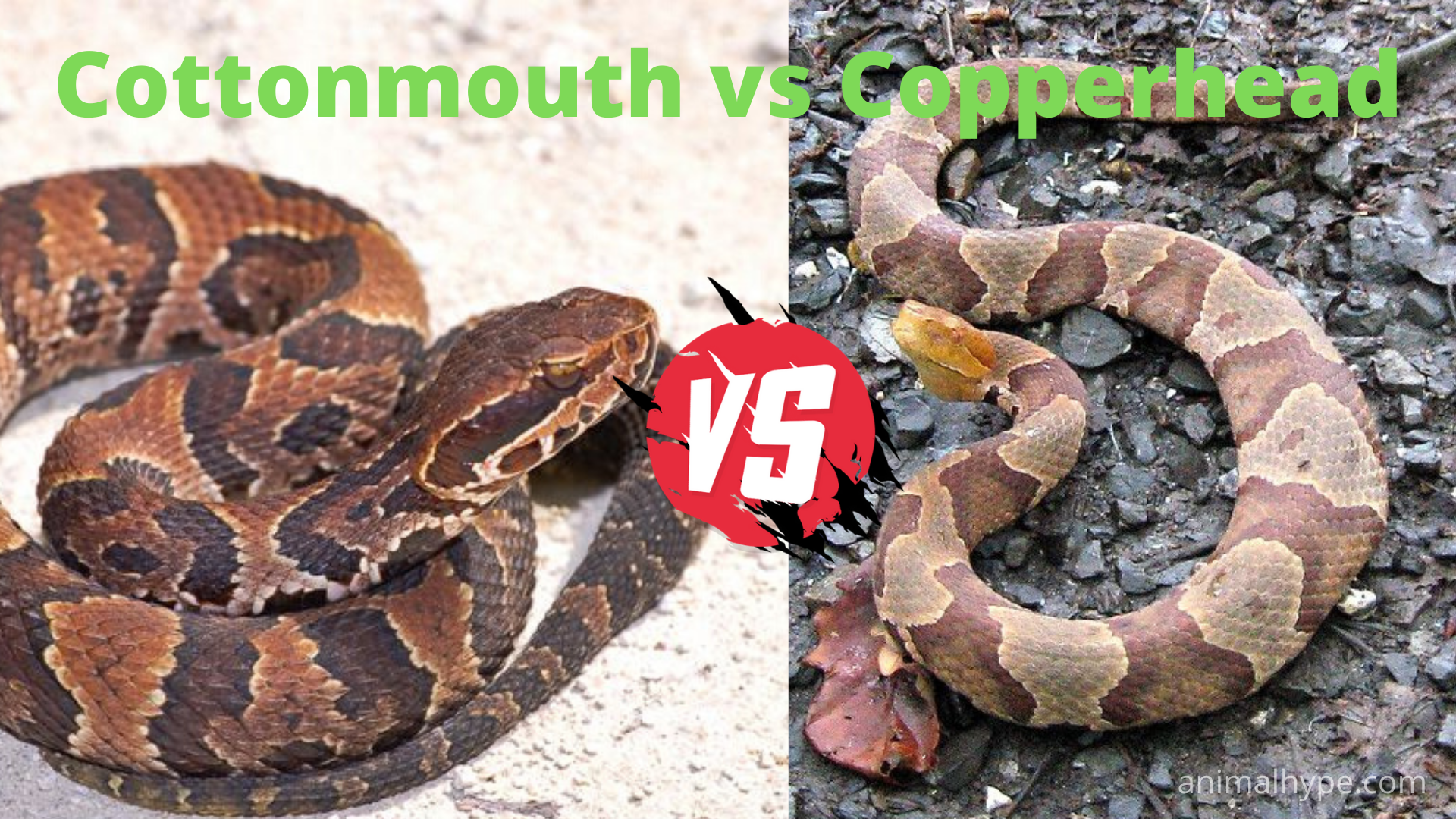How Do I Get My Ball Python to Stop Biting Me?

Image credit @ Animals At Home
How can a snake be picked up without biting you? How do I get my ball python to stop biting me? So, these are truly pointed questions because there might be a variety of explanations for why your pet snake keeps trying to bite your hand whenever you reach inside of ball python cage. This article will explain typical causes of snake bites as well as a simple strategy you may use to gradually train your ball python not to bite (mainly bites that take place within their tank). However, you may help to reduce or even stop bites from happening by using the hook training approach.
Tips – How Do I Get My Ball Python to Stop Biting Me?
You could do a couple of things to keep your ball python from biting you:
Some Tips with Feeding:
Don’t handle your ball python either before or after meals, and ensure to feed them on a regular schedule. Additionally, avoid placing the snake’s prey into the container with your hand. Rather, use long-handled tongs. After feeding your ball python, wash your hands to remove any smell of their meal.
Using longer tongs or trying to see if a ball python would drop-feed (pick up defrosted food off the floor) may assist if it’s suffering from a misdirected feeding reaction (trying to strike at your hand rather than the prey you are providing). For instance, if you feed relatively cool defrosted rodents, they might sometimes target your hand because it is warmer; in these cases, use longer tongs, prevent access to your hand with the tank’s glass, and try to drop the rodents more frequently.
Some Tips with Handling:
Regularly handle your ball python to help it become acclimated to your scent and handling. Be calm at all times when handling your python because snakes can sense your emotions. If you are scared, your pet ball python will feel it and may become protective and more prone to bite.
Note: Handing stress can be reduced by restricting your snake’s handling during the day if your snake is normally nocturnal.
Some Tips with Shedding:
Having a shed might irritate your ball python. Keep your distance from them when they are shedding. Moreover, keep your snake away from noisy areas and crowded places when handling it.
Other Reasons Why Ball Python Bites:
Whether you’re being bitten because the ball python is scared, has a misdirected feeding response, or is shedding. Other reasons for ball python bites could be:
New Arrival or Environmental Stress:
Allow your new pet snake at least two to three weeks in its new home before handling it (I know it’s difficult!). A snake may need many months to adjust to a new cage, and increasing the stress of handling might rapidly result in a strike or bite.
A strike might also result from general stress. For instance, if your ball python is in an environment with a lot of noise, foot traffic, etc., it may enter a “heightened condition” and become more likely to bite. It is recommended to change the cage to a more quiet area if you’re a “biter” in a busy room to determine whether this makes a difference.
Inadequate Husbandry:
Unfortunately, this is yet another stressor that leads to bites by snakes in the hobby. One of the initial queries is if someone asked me how to train a ball python not to bite is this one. Your ball python might become aggressive very easily if your husbandry is off (incorrect temperature, inadequate humidity or ventilation, feeding schedule, etc.). Do you be pleased to be around when you’re uncomfortable? I’m not, I know it!
Bad husbandry may convert a peaceful snake into a beast, while good husbandry can transform an aggressive snake into a puppy dog!
Hook Training is the Best Technique to Train a Ball Python Not to Bite:
It is recommended to buy a small paint roller or snake hook with the roller part removed if it is reacting startled because you are touching it unexpectedly. When you initially open the cage, use this to softly massage his flanks to make sure it is awake (so it does not assume a predator is grabbing him in his sleep) and that your hand is not the first thing to contact him. They appear to feel less stressed when being lifted up compared to just being grabbed by someone when you utilize the hook to gently take up a coil of their body.
It seems like you have one of the less common ball pythons, which doesn’t truly enjoy being handled if it bites while it’s already out of the cage and is afraid of being handled. If you calmly redirect him with the hook method, handle it for brief intervals of time till it begins moving a bit more jerkily, and then put it back in its cage to settle down, it might get better – or it might not.
How to Hook Train Your Ball Python:
Hook training, also known as tap training, is a technique used to train your snake to condition when taken out of its cage. The rest is relatively easy once you have your snake hook:
- Open the tank that contains your snake.
- With your hook, reach inside and tap your snake a few times.
- The snake may be removed from the enclosure with the hook after being tapped a few times.
- Your snake could be handled freely by hand once it has been taken out of its cage.
Why is Hook Training Effective?
The basic theory of hook training is as follows. Using your hook to tap your ball python results in the following:
- It alerts the snake to your presence. Your snake won’t perceive the hook’s existence as a threat because it doesn’t emit a heat signature. This makes it possible for you to securely take the snake from its cage without worrying about triggering a defensive strike.
- You may prevent any unintentional feed response bites by tapping the snake with the hook each time you contact it (except when you feed it). This will teach the snake to learn that the hook indicates that it is not being fed.
According to my research, hook training is the best method for training a snake not to bite.
Do I still need to do hook training if my snake never bites?
Yes! Hook training is still recommended even if you’ve got a snake that is quite docile and doesn’t like being handled.
- Your snake will receive highly consistent stimulation from hook training. Your hand is continuously changing in temperature, and it also smells differently every day. The hook is the same every time. In our opinion, it lessens the stress the snake feels each time you take it from its habitat.
- If you’re a larger species of snake, you should have confidence that when it is fully grown, it won’t bite. You will get the confidence to believe that your animal won’t bite after receiving hook training.
My Ball Python Continues to Bite Me
Just wait and be patient! An agitated snake might be difficult to calm down. If your ball python was really nasty today, try again tomorrow. Every day is a new day. Your ball python will not retain a grudge against you, and every day is a new beginning.
Conclusion:
Ball python bites are uncommon and not harmful. In other words, there is nothing major to be concerned about. A bite may be avoided with awareness and caution. Know and understand your ball python’s habits. Don’t take them out to show your friends if they are angry. If you follow to our recommendations, you should be able to prevent harm to you and your ball python while also answer of your question how do I get my ball python to stop biting me? With the information in this post, you can hopefully avoid getting bitten by a ball python, but if not, you could use it to avoid getting bitten in the future.
FAQs:
What happens if I am bitten by my ball python?
Ball python bites seldom result in severe injury, but it’s still crucial to take care of the wound. By doing this, you can help keep it from spreading infection and speed up your recovery. Immediately after being bitten, you should put your ball python back in his cage.
Does a ball python bite hurt?
A ball python bite can result in scratches, puncture wounds, bruises, and even deeper internal injuries, so you’ll undoubtedly experience some aftereffects. These bites could hurt both when they happen and after your wounds have healed.
Do ball pythons frequently bite?
One of the most common snakes to keep as pets, especially for young children, is the ball python! They are renowned for their docility, excellent temperament, and overall reluctance to bite.
Do ball pythons latch on when they bite?
Usually, a ball python will bite and then rapidly release. There are times, though, when they might latch onto you. If this occurs, it’s crucial that you maintain your calm.







